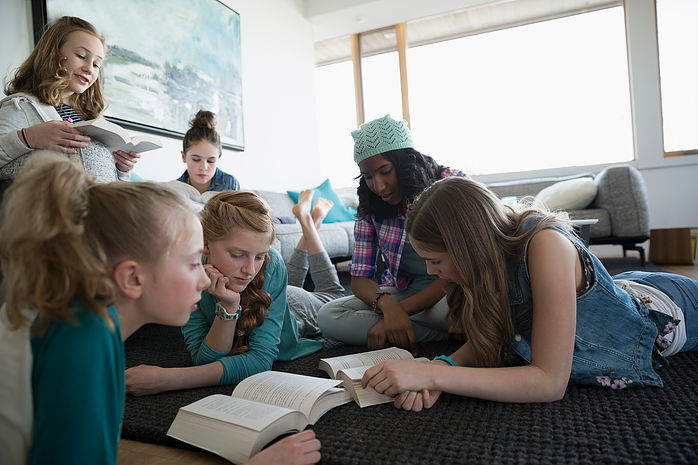There are undoubtedly differences between the needs of every student that enters into a tutoring program, in terms of grade level, subject and goals. The most important factor that goes into personalizing a tutoring session for a student is the ability of the tutor to identify a student’s needs and adjust their approach.
A talented and well-trained tutor will consider:
-
Introducing a topic vs. expanding upon a topic: Elementary school students will need the most support when learning a new topic. Their age makes nearly any topic relatively new! When introducing a new topic, a tutor must be careful to make sure the foundation of the topic is understood. Kids will often claim to understand a concept to move on and to please their instructor. Using questions for confirmation is important for a tutor before expanding upon the topic.
-
Varying levels of support: Support comes in many forms and serves many functions when it comes to tutoring. For younger students, this support may lean more towards enthusiasm and reinforcement. The older students get, the more support shifts towards providing them with the proper tools to succeed. A good tutor gets to know their student and learns the best way to support and motivate them.
-
Bringing the material to life: While visual tools can be great for students of any age, younger students really benefit from seeing a concept come to life. This can be online videos, real-world examples or interactive tools. Older students tend to have longer attention spans and an increased capacity for understanding. Visuals are integral to keeping younger students engaged, interested and motivated.
-
Relating the importance of the topic: Older students will naturally have more questions regarding why they are learning something. While it can be tricky to qualify the importance of certain topics or subjects, you can always remind middle and high school students that everything they encounter in school will be a test of their ability to process and master information. Every different class is another exercise in that discipline. If you can excel in things that you’re not inherently interested, you can do anything.
-
Encouraging critical thinking: When dealing with more mature students, it’s important to keep them engaged. Getting gifted kids used to thinking critically is a perfect way to keep them interested while also exercising their brains. Asking ‘Why?’ ‘How do you think this applies to that?’ ‘Could you explain that?’ Make them dive deeper and explore the conclusions and answers they are drawing.
-
Questioning conclusions: Along with encouraging critical thinking, questioning a student’s conclusions is a great way to get them thinking outside the box. This is very important for more mature and over-achieving students. The more advanced a student is, the more important it becomes for them to continuously question: Why?
-
Use of fast-paced drills and games: One of the most important techniques to use when working with younger and/or disinterested is games and drills that encourage engagement. Fast-paced drills and games are perfect for students with attention issues. Any time kids forget they are learning is a win for any instructor. The internet is full of amazing resources, and all it takes is a little foresight to prep for a particular subject or concept.

